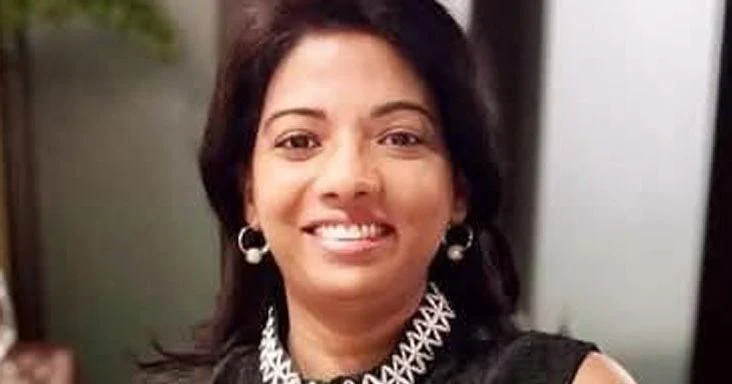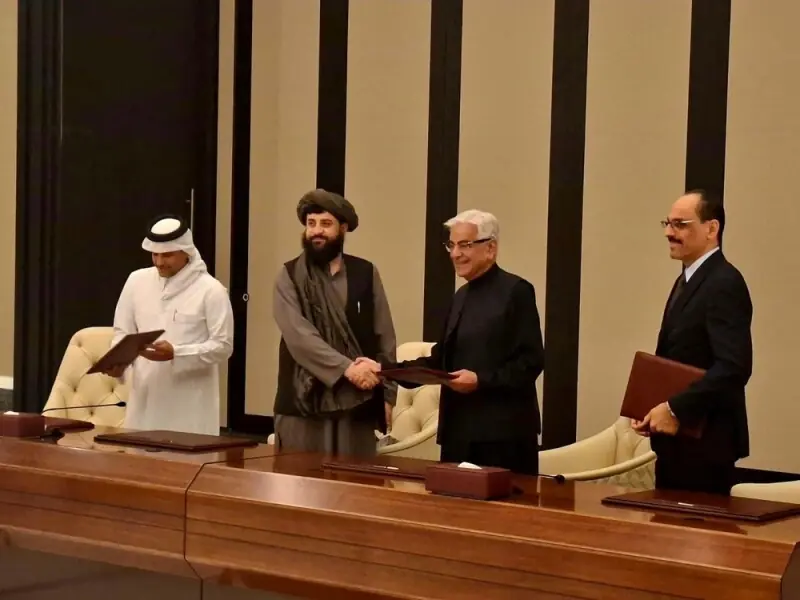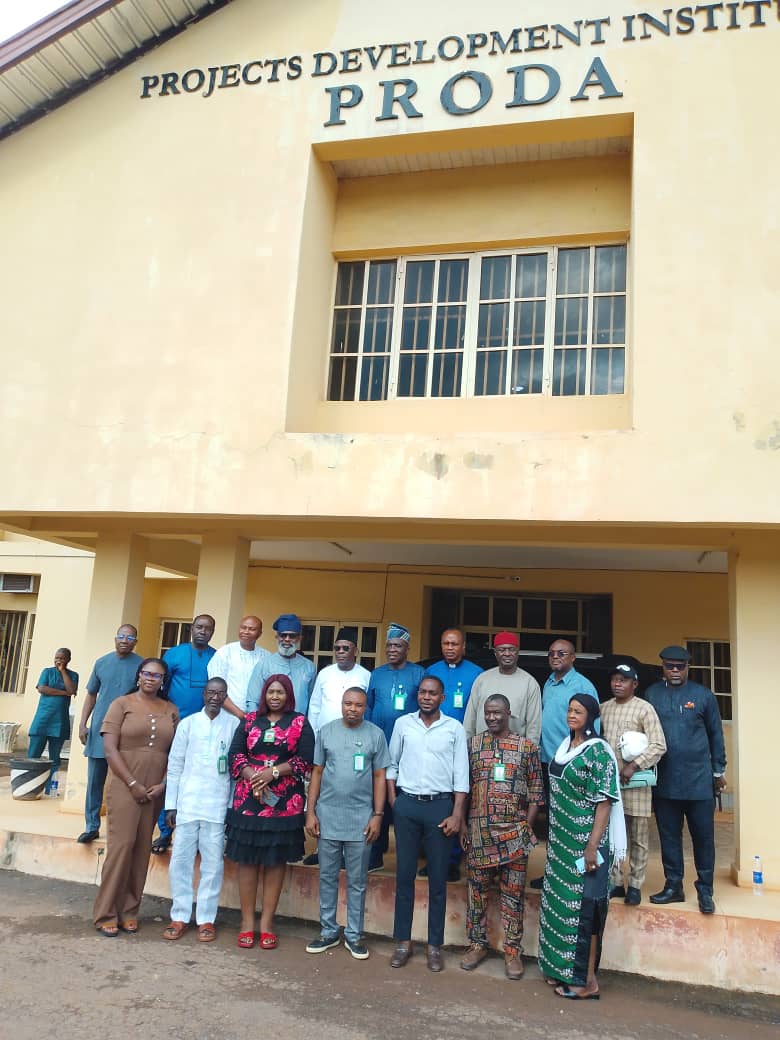Copyright trinidadexpress

Dr Valini Pundit has spent her life studying both the science of the mind and the mysteries of the soul. As a clinical psychologist and yoga acharya, she moves easily between two worlds often seen as separate—one based on data and diagnosis, the other in silence and self-realisation. For Dr Pundit, the bridge is simple: “Science explains the mechanism; spirituality reveals the mystery. And both are needed.” It is from that intersection that the journey to the self begins. In a time when many young people are stepping away from organised religion and toward more fluid, energy-based ways of understanding the world, she believes what’s happening is not a rejection of faith but a return to something deeper. “I don’t think young people are turning away from spirituality,” Dr Pundit mused during a virtual exchange with the Kitcharee on Friday morning. “They’re turning away from dogma. They want something real and authentic, something they can feel. They’re not content to follow rituals or rules; they want to understand what those things mean.” Her words ring true across a generation that speaks less of scripture and more of vibration, less of sermons and more of energy alignment. Yet within those changes, she sees echoes of what Hindu philosophy has always taught: the divine is not found in form or fear, but in awareness. “In a way,” she continued, “they’re moving from religion as an institution to spirituality as a lived experience. They’re seeking authenticity, purpose, and inner connection, things that organised religion can offer, but can be lost when it becomes too rigid or fear-based.” Ancient compass, modern anxiety Dr Pundit, who leads Atman Works, a psychology and wellness practice, says the tools of Hindu philosophy are as relevant now as ever. Whether she’s guiding clients through anxiety, depression, or major life shifts, she finds that the wisdom of the Bhagavad Gita often provides a centring point. “Hindu philosophy gives us a beautiful inner compass,” she explained. “The idea that peace comes from within, not from controlling circumstances, is deeply healing. The Gita reminds us that we can’t always change what happens, but we can master our response.” In her one-on-one sessions, she often draws on simple but powerful practices-—breathwork, mantra, mindfulness—to quiet the mind and reconnect clients with that inner stillness. “Meditation, breathwork—even the simple act of doing your duty with awareness—all of these strengthen the mind. They calm the nervous system and help us remember that we’re more than our stress or emotions,” she revealed. “In a noisy world, these practices bring you home to yourself.” That idea of returning home to the self is central to both yoga and psychology. The difference, she said, lies in the language used. “Spirituality is experiential; it can’t be fully understood through intellect alone. But psychology gives me a bridge. I often start with the science—the neuroscience of meditation, for example—and once someone experiences calm or clarity, they get it. It’s not about convincing anyone to believe something; it’s about helping them feel it.” Energy in translation The new vocabulary of spirituality—energy, vibration, alignment—is one Dr Pundit sees not as a trend, but as a translation of timeless truth. “The language might sound different, but it’s really the same map described in a new dialect,” she said. “The yogic system of chakras and prana is thousands of years old. It already understood that our thoughts, breath, and emotions affect our energy field. When we talk about being aligned or high vibration, we’re really talking about balanced chakras and clear pranic flow.” She sees value in this convergence: “I love that modern energy work is rediscovering what our sages described long ago—that everything is energy, and healing starts from within.” Asked how these ideas can reach younger minds often distracted by screens and speed, Dr Pundit was more pragmatic. “We have to make it relatable. A teenager might not sit for an hour of meditation, but they might love a short mantra meditation for focus or confidence, or a breathing practice before exams,” she noted. “It’s about packaging timeless wisdom in modern ways—short, powerful, and meaningful. When they start to feel calmer or more centred, curiosity naturally grows. The door doesn’t have to be wide open—just a crack of experience is enough for the light to come through.” Reimagining sacred spaces For Hinduism to continue guiding future generations, Dr Pundit says, its institutions must evolve from places of ritual to spaces of reflection and support. “Temples and spiritual spaces can become real hubs for healing if they move beyond ritual and open into dialogue,” she suggested. “Imagine temples that offer meditation circles, support groups, or youth programmes around mindfulness and service. People today crave belonging and connection. If our spiritual spaces can meet that need—not just tell people what to believe, but help them feel supported—then they can play a huge role in emotional wellbeing.” In her work, Dr Pundit sees signs of a quiet awakening across T&T that gives her hope that rigid customs are already giving way to softer, more all-inclusive practices. “What gives me hope is the quiet awakening I see—more people asking, ‘Who am I, really?’ or exploring yoga and meditation with sincerity,” she said. “I see young people blending tradition with creativity, which is beautiful.” Still, she is mindful of how easily sacred ideas can be diluted in a world that prizes image over introspection. The more spirituality becomes social currency, she said, the more it risks losing its quiet power to transform. “My concern is only that we don’t lose the soul of it in the process—that we don’t let spirituality become another trend or performance. These teachings were meant to free us, not impress anyone. If we hold on to that humility and depth, I think Hindu spirituality in Trinidad and Tobago has a very bright future,” she concluded.



